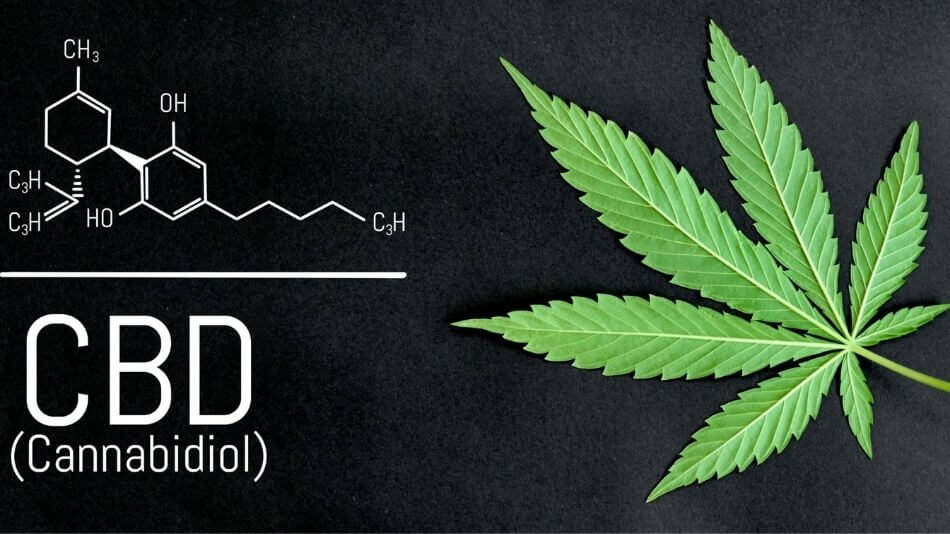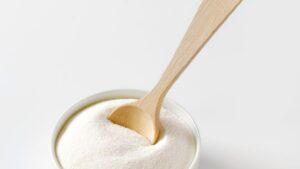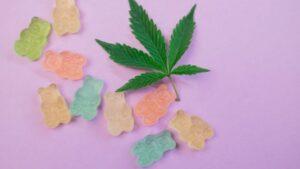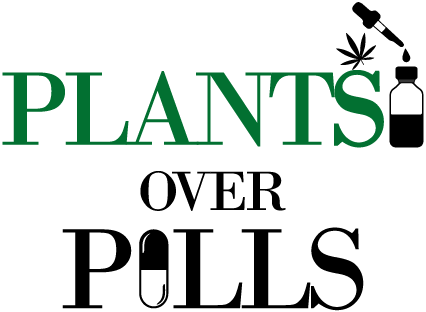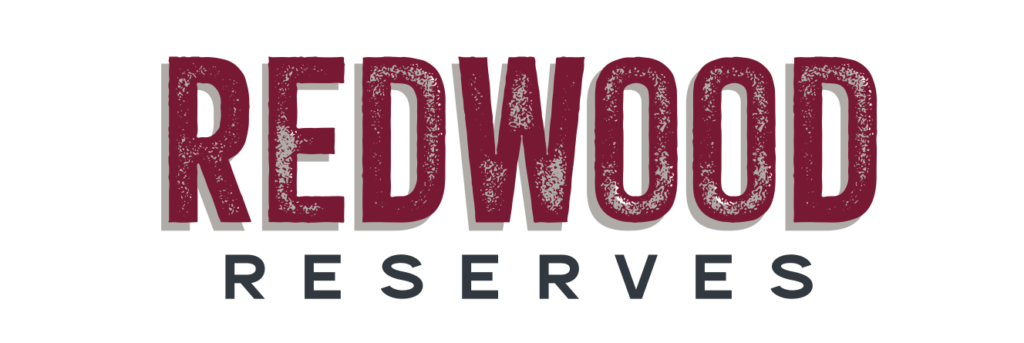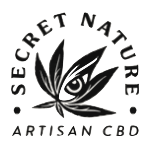CBD and THC often work in tandem, but without any THC can you still find the same effects? The answer is more complicated than it may appear on the surface.
The short answer is yes, CBD can be effective without THC, or at least it can be depending on the intended use. While CBD does not require the presence of THC to be effective, a little THC can increase the benefits of CBD oil and enhance the therapeutic effects that CBD may be producing.
People use CBD in order to achieve many different effects, and the goal will likely affect the type of CBD one uses. Some compounds found in cannabis and hemp may not directly contribute to the intended effect of a CBD oil, but their presence strengthens the more active and abundant compound, CBD. Below, find more explorations into the ways in which CBD’s effects can be amplified by even trace amounts of THC, and consider the various forms in which consumers could try CBD oil in a way that works best for that individual.
Why does CBD work better with THC?
In short, CBD when combined with THC causes something called the “entourage effect” meaning that the benefits of each are amplified when consumed together. However, whether you seek out pure CBD or a higher concentration of THC will likely depend on what you are looking for personally. However, be wary of the misconception that THC is for recreational use and CBD is for medicinal use, as that is not always the case. Let’s examine that further.
Hemp has historically been a popular option to make CBD oil because it lacks those high concentrations of THC. Everyday consumers may become concerned about the presence of THC in products that they are using for medical purposes, rather than as a way to get high. Consumers use CBD for many reasons, including the treatment of anxiety, pain or inflammation, seizures, and insomnia.
Creating a CBD product without THC could be less risky, for example, if you take frequent drug tests, or you’ve experienced adverse reactions to THC in the past. (Although, if the amount of THC in your CBD products is below the federal limit, it will not produce any high and it is highly unlikely that it will show up on a drug test.)
Also consider that, if you are looking to treat certain medical conditions, it may be more important to you that the product work as well as possible. That’s why there are whole plant cannabis combinations that use various components meant to enhance each other’s therapeutic properties.
While CBD can be effective for certain uses without THC, there are some indications that CBD may work better with THC. Some scientists have begun to think along the lines of Dr. Ethan Russo, who coined the “entourage effect” to describe the collaborative effect of some chemicals. Even with CBD as the main component, the presence of other active and inactive chemicals can increase some effects. Boosting the effects of CBD using THC can increase the effectiveness of the treatment.
False information abounds
CBD stands for cannabidiol, which is a chemical compound found in cannabis. CBD can be derived from hemp or marijuana, usually depending on the intended purpose of the product. CBD itself is not psychoactive. Marijuana contains a high content of tetrahydrocannabinol (THC), which is why its purpose often coincides with the user feeling a high. Hemp contains a large concentration of CBD but only trace amounts of THC.
There are many rumors and seemingly contradictory studies regarding CBD, THC, marijuana, and any or no effectiveness of them all. CBD is often correlated with the marijuana industry, even when it is extracted from hemp, so personal preference, cultural stigmas, and politicization can get mixed up in the science.
Sometimes a good faith effort to increase support for CBD can go too far in demonizing THC. Slogans emphasizing that CBD is medical while THC is recreational may be trying to differentiate sincere medical advancement from stereotypes about people scheming to get high. People seeking genuine medical aid may feel the need to overcompensate by insisting they are looking for CBD, not THC, in an effort to get real help.
However, many studies show that THC enhances those therapeutic properties that people are looking for in CBD. Whole plant or full-spectrum CBD products can provide greater benefit than CBD alone, and patients looking for relief should be wary of campaigns meant to stigmatize THC without actually considering if products with even trace amounts of THC could end up being more effective.
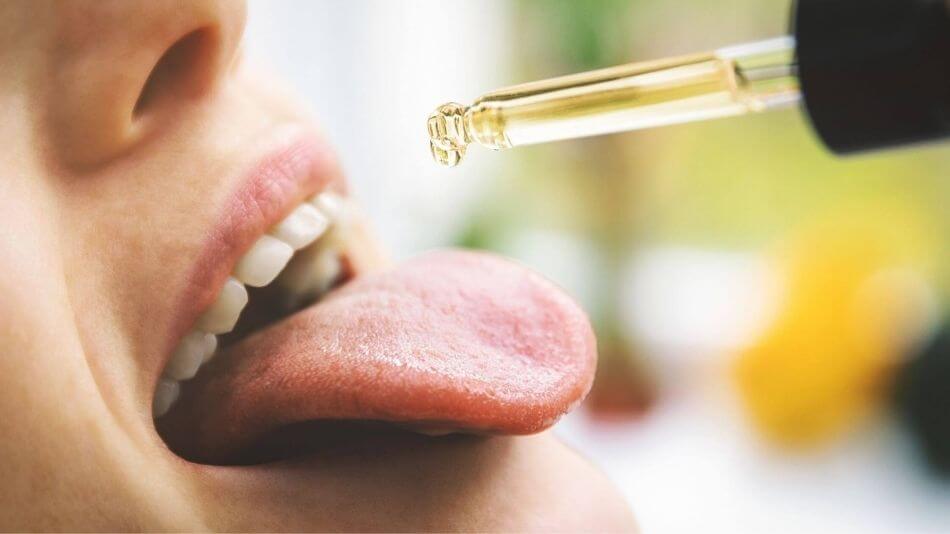
Benefits of using CBD and THC together
In an instance of the whole being greater than the sum of its parts, one study showed a significant decrease in chronic pain and inflammation within a THC and CBD combination group, compared to either compound alone. Even the small amounts of THC in hemp could enhance CBD properties. A product that contains all of hemp’s cannabinoids is often called a full-spectrum CBD product, which many consumers prefer in order to maximize their chances of achieving whatever benefit is desired.
Although more research in the emerging study of CBD products for general consumption may be needed, current efforts seem to indicate some kind of enhancing benefit of having other components alongside CBD alone.
Both THC and CBD can result in pain relief and decreased inflammation. Since they perform through different mechanisms, omitting one or the other could negatively impact the effect of the other. The entourage effect theory, which is already supported through various studies even though the cannabis industry, in general, requires much more research, suggests that various components working together often work better than trying to isolate one aspect and potentially taking away the boosting effect of another.
If such studies continue to support the entourage effect, there would be little downside to using CBD oil with trace amounts of THC. CBD would mitigate any potential intoxicating effects of THC, while the presence of THC could improve or enhance the effects of the CBD.
To summarize, here are the benefits of using CBD and THC together:
- To better treat pain and inflammation
- CBD limits a few negative side effects of THC, namely memory loss and feelings of anxiety, panic, and paranoia
- Get back to your roots- marijuana originally contained far more CBD and less THC. However, the plant has been bred to increase the levels of THC
- One study at the California Pacific Medical Center demonstrated that, together, CBD and THC have greater anti-tumor effects on brain cancer and breast cancer cells when compared to either compound alone
- Another study found that patients experiencing cancer-related pains responded better to CBD and THC combined as compared to pure THC extract
Reasons to use THC-free CBD oil
Depending on laws and regulations of a certain location, as well as the intended use of the product, CBD oil can contain natural amounts of THC in a full-spectrum extract. Any THC, even in full-spectrum oils, will only contain trace amounts of THC (legally less than 0.3%, in the United States).
Some people may prefer to use THC-free CBD oil for any number of reasons. The intoxicating effects of THC can cause some people alarm, and there are those who wish to avoid it because of poor experiences in the past or a wariness of experiencing the effects of THC at all. However, the trace amounts of THC in most CBD oil products are unlikely to produce any intoxicating effect, especially in CBD oil extracted from hemp, which contains very small amounts of THC to begin with.
Within THC-free CBD oil, there are two types from which to choose.
- Broad spectrum CBD will contain many or all of the compounds that would be found in cannabis, with the notable and specific exception of THC. While this could mean a slight reduction in efficacy due to the lack of THC and its contribution to the entourage effect, in which the compounds CBD and THC complement each other, broad spectrum CBD is a good option for those who wish to avoid THC. Broad spectrum allows you to harness the benefits of other compounds in the plant, so you will still experience the entourage effect, but to a lesser degree.
- Isolate CBD oil is pure and contains only CBD. Isolated CBD crystals are extracted from hemp and separated from all other compounds, including THC. While there are no guarantees, and consumers should be sure to research products thoroughly before usage, these should contain only pure CBD.
Now that you understand your options, let’s consider the summarized reasons to use THC-free CBD oil:
- If you take frequent drug tests, and you are worried about THC showing up, then stick to broad spectrum or CBD isolate. CBD is not included in a normal, multi-paneled drug test, so you don’t need to worry about CBD alone causing you to fail a drug test. Also, THC in trace amount is unlikely to show up on a test, unless you consume those trace amounts of THC very frequently, or you do not buy from a reputable source and your product actually contains more than the federal limit. We will go into more detail on this later on.
- If you’ve had bad experiences with THC before and you are worried about adverse effects, then you can also go for THC-free products.
- You can find flavored products in all three types of CBD oil, however, CBD isolate tends to be taste- and scent-free. Some people prefer this to the more earthy taste of full-spectrum and broad spectrum CBD products.
CBD oil and drug tests
Some people prefer to use THC-free CBD oil due to concerns about drug testing, often for legal reasons or work. The trace amounts of THC found in CBD oil should fall below the US Food and Drug Administration (FDA) legal limit of 0.3%.
Drug tests do not test for CBD because CBD itself does not induce any intoxicating effects. CBD products that are derived from hemp and naturally contain very low levels of THC theoretically should not contain enough THC to appear on a drug test, but of course, this is no guarantee.
A urine drug test does test for cannabis, among others such as alcohol, cocaine, amphetamines, and opiates. Assuming the level of THC in CBD oil is under the 0.3% legal limit, which it should be if it is made correctly, any detection of THC under that amount should still produce a negative result on a drug test. The government sets the amounts at which a drug must be present to return a positive result.
There are many resources that provide reviews of CBD oil and other CBD products. Since there is a lot of misinformation about this fairly new emerging market, finding a reliable source is particularly important. Check out this free round-up of some of the best brands we have found in our online directory, which you can access here. We have personally tried every product we recommend.
In theory, a CBD oil that has uncommonly high levels of THC, whether due to poor production or incorrect labeling, could show a positive result on a drug test. Raw or pure CBD oil should contain no amount of THC, and thus should guarantee a negative drug test. Purchasing CBD oil from reputable companies or sources can lessen the risk of accidentally testing positive for THC on a drug test.
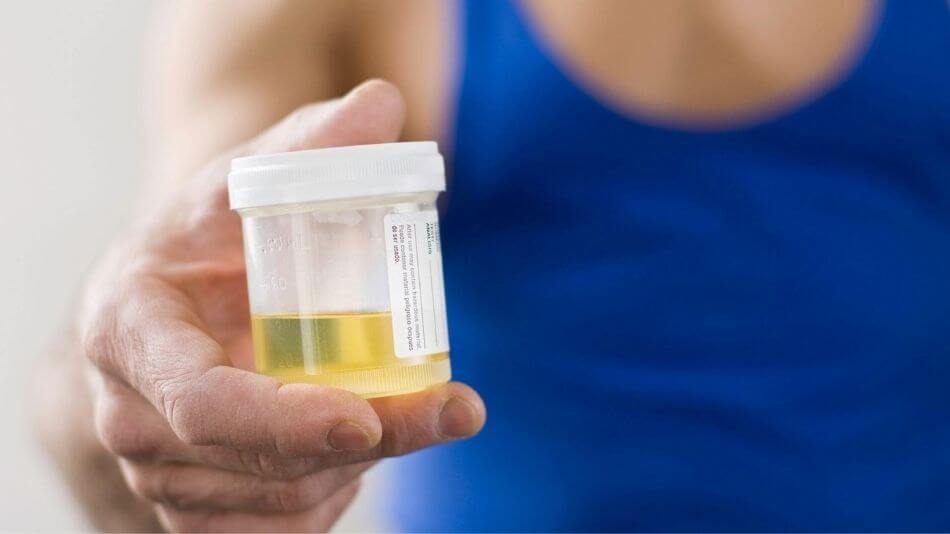
How to choose the right CBD product for you
The attention and fanfare surrounding CBD’s potential medical and therapeutic benefits are only growing. Farmers, big corporations, local sellers, casual consumers, and people suffering from acute medical conditions are likely all hearing increased mentions of CBD, hemp, or legalized marijuana.
Firstly, for consumers in the United States, the state in which they are buying a CBD product will automatically limit some of their choices. In order for a CBD product to be sold in the United States, the THC content must be less than 0.3%, and even states with varying degrees of marijuana legalization will have some limits on the contents of a CBD product.
If you have personal qualms or professional concerns about drug testing, you may prefer an isolate CBD that does not contain THC or other compounds. Otherwise one may prefer to consider a full-spectrum CBD, since THC and other compounds could boost the effects a consumer is looking for from a CBD oil in the first place.
The right CBD product for you could depend on what you are attempting to treat. CBD can be used to treat anxiety or depression by inducing a feeling of relaxation or slightly boosting one’s mood. But while many CBD products make claims, there are some sources that make unrealistic claims or have suspicious processes. To navigate the rampant misinformation in this new field, consider trying out the list we have assembled of the most trustworthy brands in the market. We have tried them all and thus can personally attest to the quality of these products.
CBD can also be used as a form of pain relief or to reduce inflammation. These effects can help those suffering from headaches or migraines, nausea, or chronic pain.
Let’s break it down:
Full-Spectrum
- This option should give you the full benefits of the entourage effect, as it contains all compounds including trace amounts of THC.
- Full-spectrum may be useful for people with serious, chronic health conditions, such as chronic pain or insomnia, who may need the full effects of all the cannabinoids and THC.
- We especially recommend full-spectrum CBD for anti-inflammatory purposes as it has proven to be quite effective in calming inflammation.
Broad-spectrum
- Broad-spectrum products contain all cannabinoids aside from THC. That way, you can enjoy the benefits of the entourage effect without worrying about any THC becoming stored in your fat cells and showing up on a drug test.
- If you want the same powerful effects of the cannabinoids in full-spectrum, but you still worry about THC showing up in drug testing, then broad-spectrum may be your best choice.
Isolate
- CBD isolate is just CBD, so it will offer the calming, anti-inflammatory benefits of CBD, but the effects may be dulled without the presence of any other cannabinoids.
- In general, CBD isolate is often cheaper.
- CBD isolate is usually consumed as powder or in a vape, so this may be your best option if you enjoy those consumption methods.
- All forms of CBD come in varying flavors, but CBD isolate may be the only option that is completely without flavor and scent. Broad-spectrum and full-spectrum usually have a hint of earthy taste to them.
Takeaway: Is CBD Effective Without THC?
CBD is effective without THC. You need not use THC and CBD together in order to reap the full benefits of the compound. The various possible uses of CBD can range from an anti-inflammatory or analgesic, relieving pain, to easing the symptoms of insomniacs or even cancer patients. Many of the possible uses of CBD are still being explored and studied, due to its recent uptick in popularity and increasing acceptance by more mainstream society.
However, when combined with THC and other cannabinoids, all the compounds work better together due to something called the entourage effect. That is, CBD is still effective without THC, but it may be more effective with THC. If you are dealing with serious chronic pain, anxiety, insomnia, and inflammation-related problems, then a product that contains both CBD and THC may be best for you.
With that in mind, if you are wary of consuming THC, or if you worry about THC showing up on a drug test after frequent use, then there are CBD-isolate products available for you that purely contain CBD. Even with just CBD, the benefits for pain and anxiety relief are still substantial.
